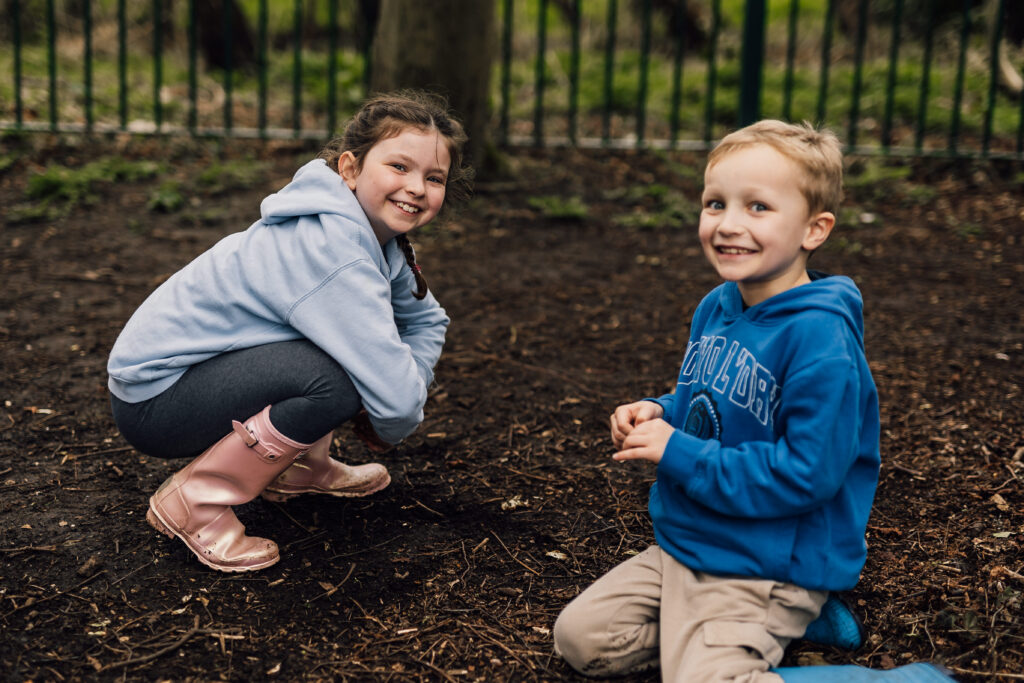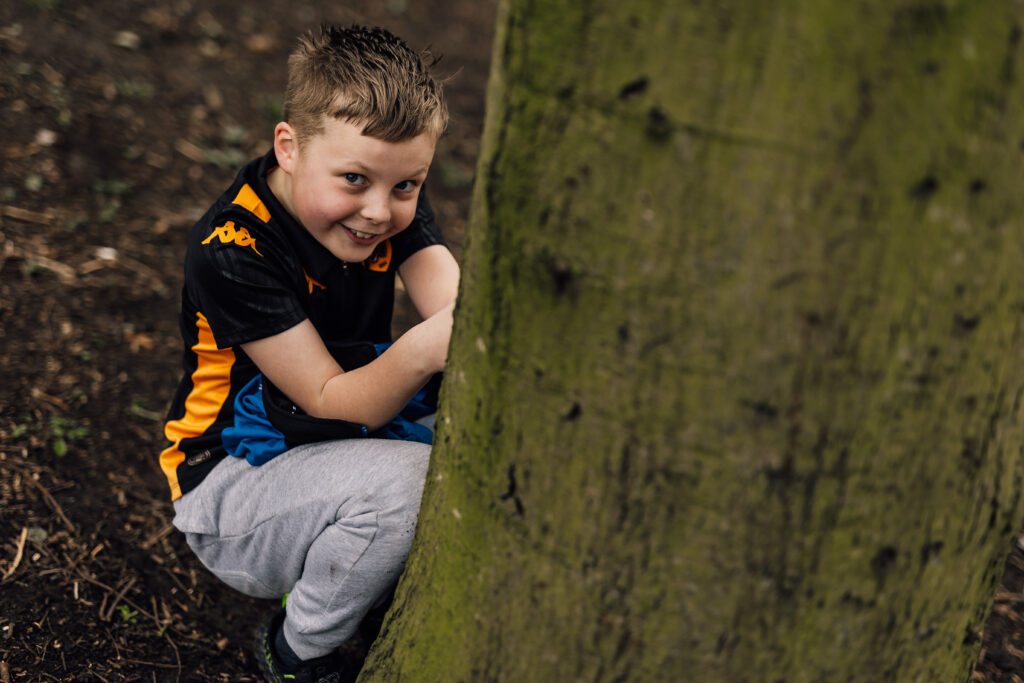- Art & Design
- Computing
- Design & Technology
- Early Years Foundation Stage (EYFS)
- English
- French
- Geography
- History
- Mathematics
- Music
- Physical Education
- PSHE
- Religious Education
- Science
“The study of geography is about more than just memorizing places on a map. It’s about understanding the complexity of our world, appreciating the diversity of cultures that exists across continents. And in the end, it’s about using all that knowledge to help bridge divides and bring people together.”
Barack Obama
At Beverley Minster CE Primary School we believe that geography helps to provoke and provide answers to questions about the natural and human aspects of the world. We seek to inspire in children a curiosity and fascination about the world and its people which will remain with them for the rest of their lives. We want to promote the children’s interest and understanding of diverse places, people, resources, and natural and human environments, together with a deep understanding of the Earth’s key physical and human processes. Throughout their time at Beverley Minster we want the children to ‘think like a geographer’.*
At Beverley Minster we follow the National Curriculum and as pupils progress through the school, their growing knowledge about the world helps them to deepen their understanding of the interaction between physical and human processes, and of the formation and use of landscapes and environments. Geographical knowledge and skills are progressive and are sequenced to provide the framework and approaches that provide explanation of how the Earth’s features at different scales are shaped, interconnected, and change over time.
We feel that it is important for all our pupils at Minster to deepen their understanding of their local area (Beverley, Hull, East Yorkshire) before building on that knowledge to apply it to a national (London) then international (Europe and rest of the world) level. Including the interactions between our local community and how those connections apply on a wider reaching scale.
We want children to be competent in:
- Collecting, analysing and communicating with a range of data gathered through experiences of fieldwork
- Interpreting a range of sources of geographical information including maps, diagrams, globes and aerial photographs
- Communicating geographical information in a variety of ways including through maps, numerical and quantitative skills and writing
*The phrase to ‘think like a geographer’ has long been used. It captures how pupils can learn to:
- use what they know from one context in another
- think about alternative futures
- consider their influence on decisions that will be made


